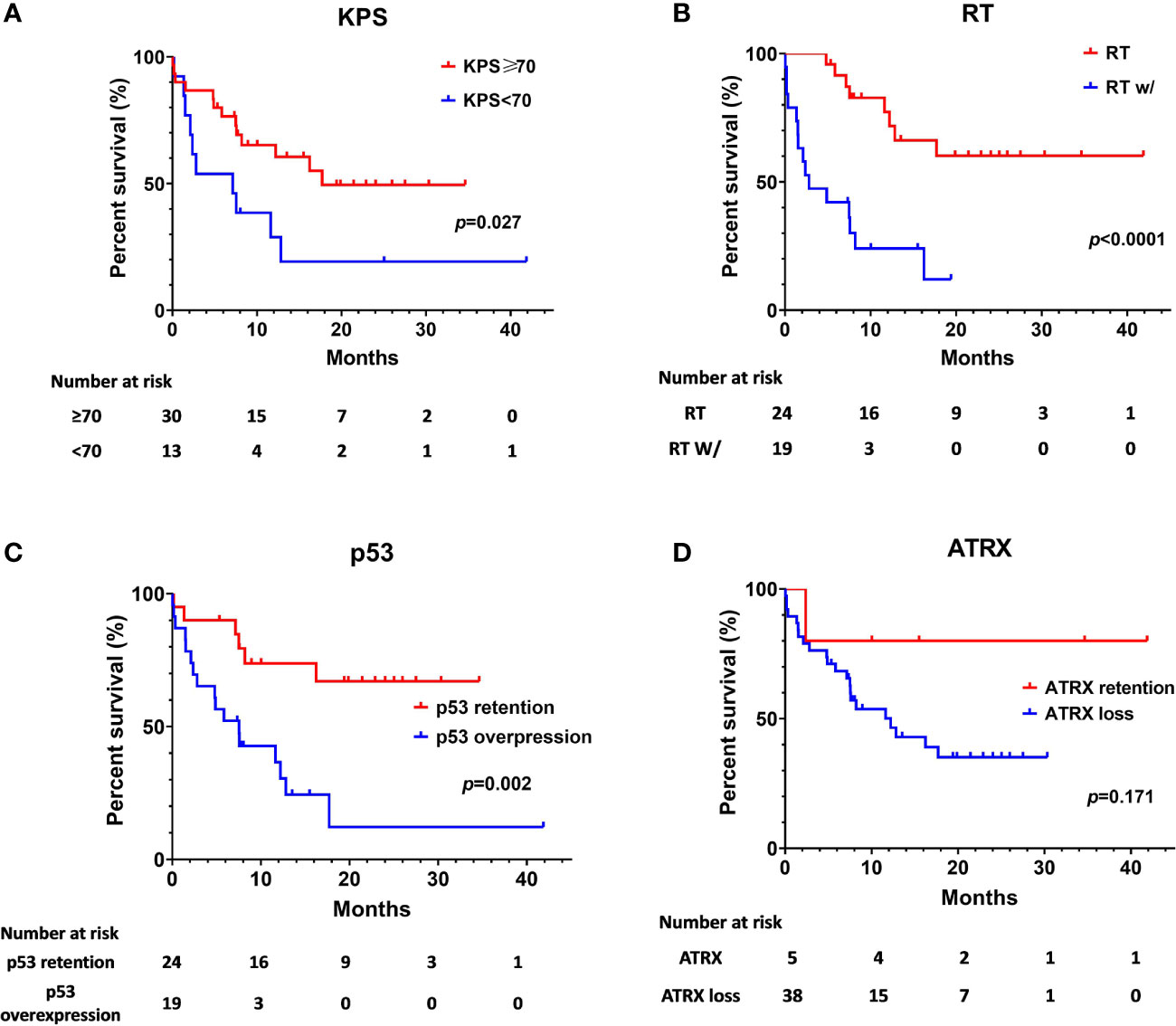

He also is principal investigator of two phase 1 locoregional immunotherapy trials using chimeric antigen receptor (CAR) T cells: BrainChild-01 and BrainChild-03. Vitanza serves as Seattle Children’s CNS CAR T-cell lead, overseeing three CAR T-cell clinical trials. His current work focuses on creating treatment-naïve biopsy-derived patient-derived DIPG/DMG models, discovering and targeting molecular and immunologic vulnerabilities in these tumors and translating these findings into combinatorial clinical trials. The Vitanza Lab is part of the Ben Towne Center for Childhood Cancer Research. Vitanza joined the faculty at Seattle Children’s Hospital. This work led to publications in Cancer Cell and Science Translational Medicine, as well as the preclinical foundation for a phase 1 clinical trial for which he is a co-principal investigator. He completed a second fellowship in pediatric neuro-oncology at Stanford University, followed by a post-doc in Michelle Monje’s neuroscience/DIPG Lab, in which he performed high-throughput drug screens in patient-derived DIPG models and mechanistic analyses of epigenetic vulnerabilities in DIPG.
#Dmg oncology trial
Bill Carroll and Elizabeth Raetz at New York University, laboratory projects led to a COG clinical trial and an ASPHO’s Young Investigator Early Career award. Nicholas Vitanza is a pediatric neuro-oncologist and translational scientist whose career is dedicated to the care of children with CNS tumors such as DIPG or DMG. What once sounded like a dream – reprogramming a person’s own immune system to fight cancer – is remarkably becoming a reality. Nicholas Vitanza’s research focuses on an integrated approach to DIPG and DMG in the clinic, in the lab and through development of new clinical trials. Clinical trials of new therapies, including CAR T-cell immunotherapyĭr.Innovative laboratory studies that help us better understand these tumors, predict their behavior and treat them more effectively.DMG is an approach where for each type of cancer, a specific multidisciplinary group of specialists (including medical oncologist, radiation oncologist, surgical oncologist) and a team of providers (physicians, nurses, pharmacists, dieticians, therapists and psychologists) collaborate and provide the best treatment. Comprehensive and coordinated clinical care designed to address each child’s needs and circumstances Disease Management Group (DMG) is the hallmark of oncology care at Medanta.The DIPG Research Program at Seattle Children’s focuses on DIPG, DMG and other life-threatening central nervous system (CNS) tumors through: Radiation and chemotherapy can sometimes improve symptoms and extend life. Diffuse intrinsic pontine gliomas (DIPG) and diffuse midline gliomas (DMG) are childhood tumors for which there is no known cure.īecause of where these tumors are located in the brain or spinal cord, complete resection is not possible.


 0 kommentar(er)
0 kommentar(er)
